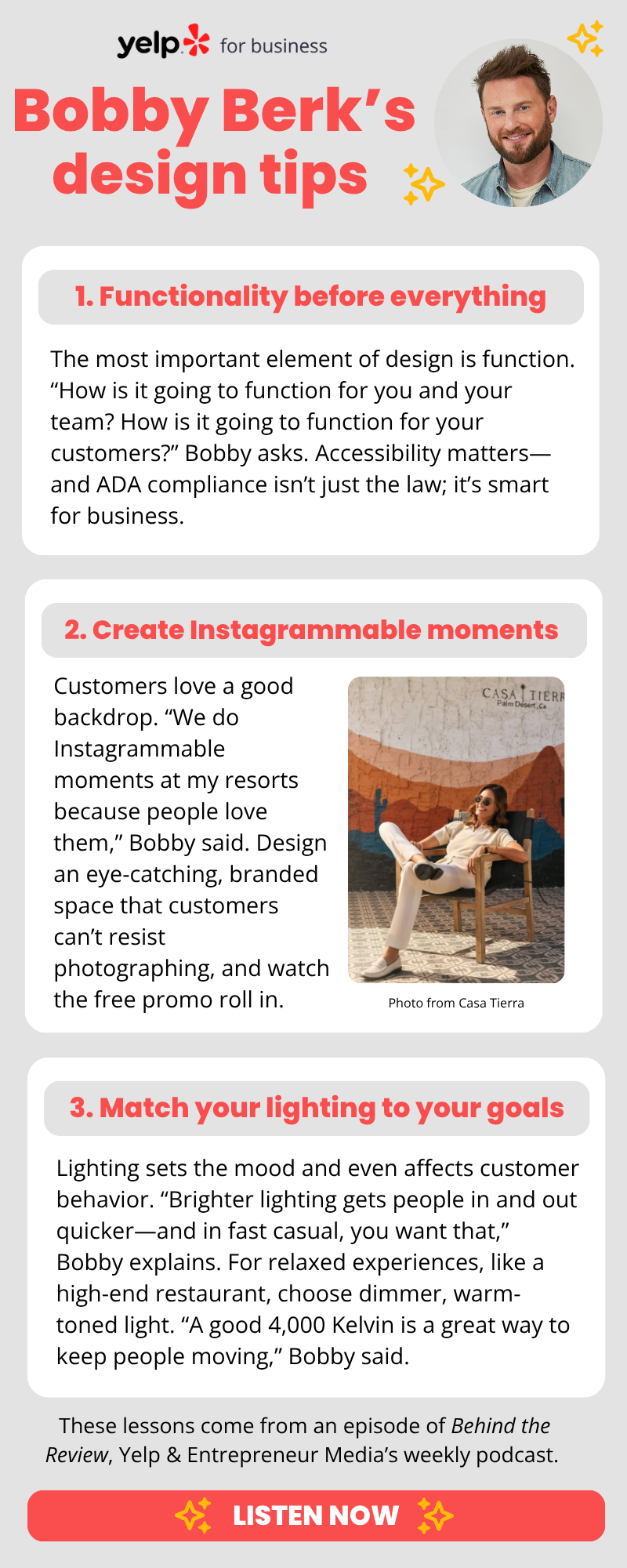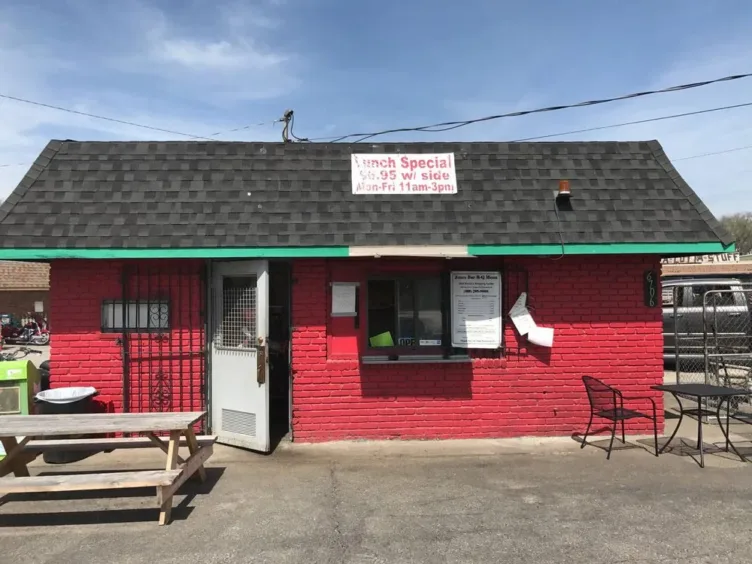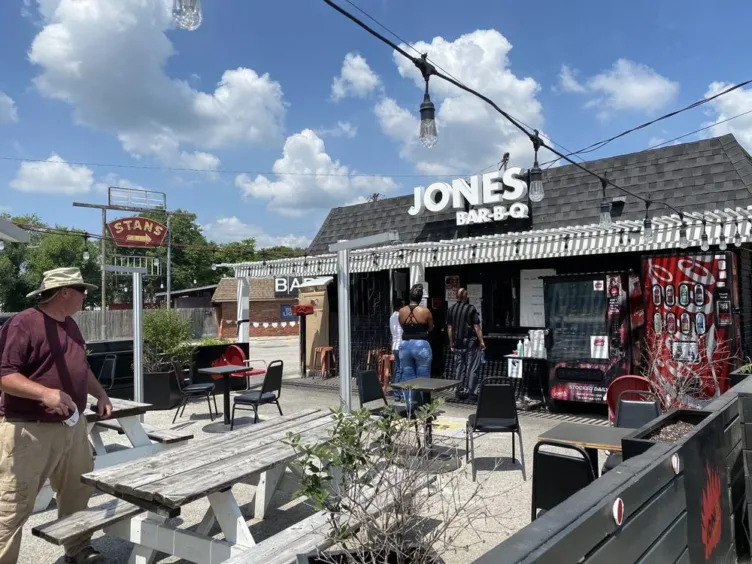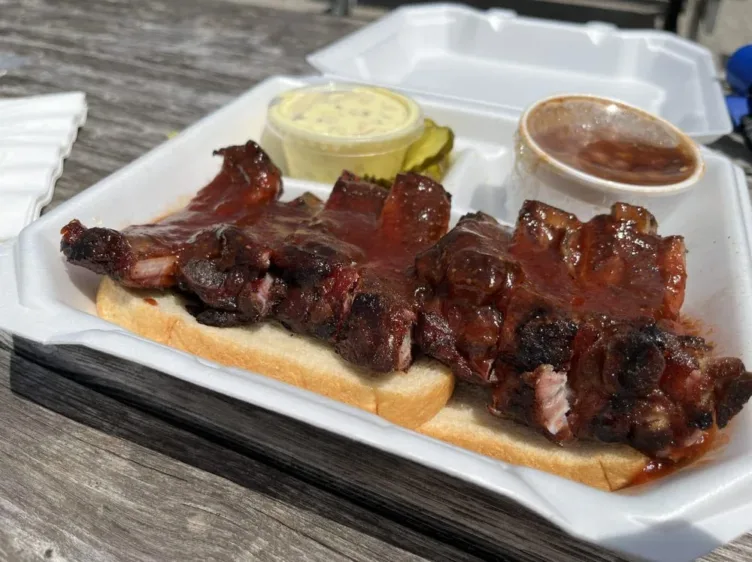5 lessons from ‘Queer Eye’ host Bobby Berk’s entrepreneurial journey
From working retail to hosting “Queer Eye,” interior designer Bobby Berk shares lessons in authenticity.

Bobby Berk, interior designer and Emmy award-winning TV host, caught the nation’s attention for pulling off entire home makeovers in just three days on Netflix’s “Queer Eye.” His designs gave the show’s heroes a fresh start, whether he was updating a space that hadn’t been touched in decades, making a home finally accessible to its owner, or breathing new life into a family-run business.
The show transformed him, too, in the process. “The first iteration, ‘Queer Eye for the Straight Guy’… was the first real, true gay representation that I could look up to,” Bobby told “The Jennifer Hudson Show” last year. “To be on a show that meant so much to me, it was life changing.”
Unlocking clients’ true potential has always been part of Bobby’s design philosophy. Before “Queer Eye,” Bobby launched an online furniture retailer, Bobby Berk Home, and started his own design firm. He’s also the visionary behind a Palm Springs boutique hotel and is set to host HGTV’s “Junk or Jackpot?,” helping people clear out clutter and discover the hidden value of their collections.
Both in life and business, Bobby encourages fellow entrepreneurs to lean into authenticity. “Your customers are your customers because they believe in who you are and they align with you,” he said. “Don’t alienate your customers.”
Discover five things you didn’t know about Bobby’s journey—from working retail to hosting “Queer Eye”—and uncover lessons to apply to your business.
1. He has an alter ego for customer service: Kevin
“If I [knew Bobby Berk Home] was going to be as successful as it was, I would’ve come up with a different name because it is often very hard being the face of the brand.
“I was on the floor of my retail stores all the time…and once people heard my name, Bobby, they’re like: ‘Oh, you’re the owner? What about a discount? What about this?’ And so for years I actually said, ‘My name is Kevin.’ I had a complete alter ego. I was Kevin.
“Kevin had his own email. Kevin is who had to get involved when there were some customer service issues, where customers were being, you know… anybody in retail knows there are customers that are assholes just to be assholes.
“Kevin had to get involved sometimes because Bobby couldn’t. Bobby was the face of the brand. Bobby was the name, you know? So my advice is be very careful. You have to remember… your face is the face of that brand.”
2. He worked retail for decades before starting his own business
“I was one of the first online retailers selling furniture out there, ever—like Amazon was still [only] selling books. My biggest hurdle was getting manufacturers to wanna sell to me because they said: ‘No one’s gonna buy furniture online. They want to touch it, they want to feel it.’
“Eventually I was like, ‘All right, well, I guess I need a brick-and-mortar store.’ I had stores for about 10 years before I decided designing is much more fun than retail. Let me just stick with my design firm.
“Before I had my own retail, I worked retail. I worked Restoration Hardware, the Mabe company… The Body Shop, Applebee’s, Ruby Tuesday, TGI Fridays, Target, Walmart—all of them. I’ve been very, very customer-centric and customer-facing for many, many, many, many, many years.”
I am not one to write a negative review. Having been in retail for so many years, you have to just have shot me in the foot and leg and robbed me for me to actually write a bad review.
— Bobby Berk
 3. He launched Bobby Berk Home in one night
3. He launched Bobby Berk Home in one night
“When I started Bobby Berk Home.com, it was a knee-jerk reaction. The company I worked for went bankrupt overnight. I had built their e-commerce division, and so I just quickly went online and registered Bobby Berk Home.com and cloned that database real quick and launched it on my own, thinking, ‘I’ll sell a sofa or two while I look for another job.’ I ended up selling more than a few, and it did really, really well.
“I was able to cultivate my story and turn it into a brand, which is the reason why I think it was successful. I think especially in the mid-2000s, people really wanted to connect with brands that had a story and a person.”
4. He used to long for a nine-to-five
“Sometimes I wish I had that nine-to-five job where I could punch in and punch out, and my time was my time. Because as an entrepreneur, your business is 24/7.
“[When my husband and I went on vacation,] I would end up being up all night when I should be sleeping, dealing with things back home. And then during the day I’d be exhausted when my husband would want to go do things ’cause I’d been up all night.
“Treat your team great because if you have the right people behind you, you can take that time. I’m at a different part of my life where I can go away to Vietnam for a month because I have a great team that I can rely on, and I know they have my back because I always have their back.”
5. He says ‘no’ to products he doesn’t use
“My brand is about authenticity. Both on screen and in real life, I am who I am, and I’m not gonna change that for a brand deal—to the frustration of my team sometimes.
“Yes, I might be able to rake in some dough right away [with product partnerships], but I think… people stop listening to you, people stop believing in you. And I don’t want that. I don’t want people to ever think that I’m pushing something that I would not have in my own home.
“Your customers are your customers because they believe in who you are and they align with you. Don’t alienate your customers.”
These lessons come from an episode of Behind the Review, Yelp & Entrepreneur Media’s weekly podcast. Listen below to hear more from Bobby, or visit the show homepage to learn about the show and find more episodes.


